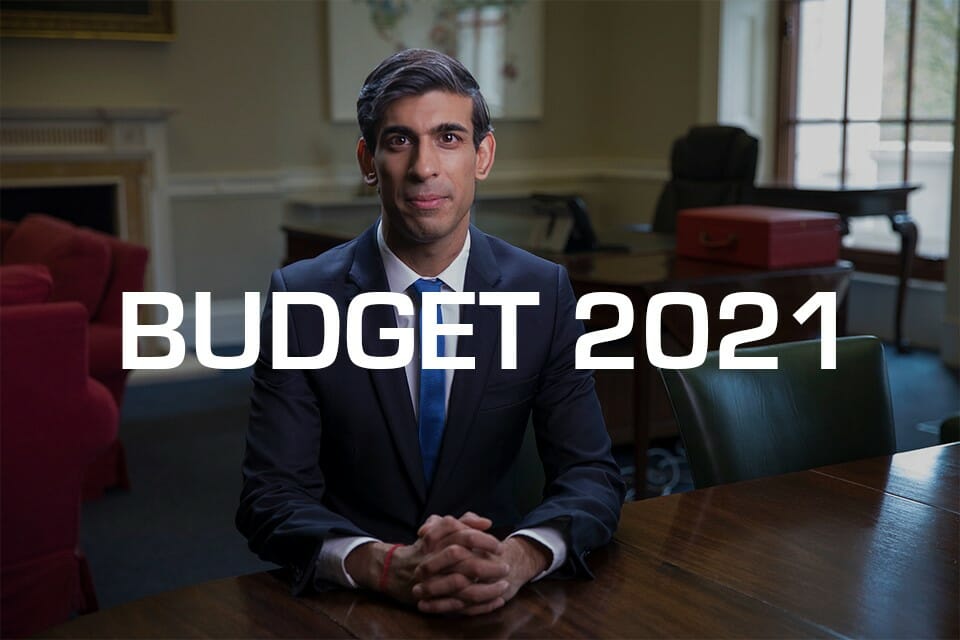Subscribe to Our Newsletter
Subscribe to our newsletter to stay updated on our news
VAT Changes To The Construction Industry – Are You Ready?
BILLY EDWARDS
From the 1st October 2019 HMRC planned a drastic change to the way that VAT registered businesses in the construction industry deal with VAT.
With the likes of Brexit taking precedent the date that these changes will be implemented has now been delayed until 1 October 2020, giving everyone more time to prepare.
What Are The Changes?
From 1st October 2020 new legislation comes into force which means that VAT registered businesses in the construction industry will need to apply what is known as the domestic reverse charge.
This means that the recipient rather than the supplier has to account for the VAT due on certain construction services, which in effect means that a contractor will need to pay VAT to HMRC on behalf of its VAT registered sub-contractors.
The reason for this change is HMRC’s attempt at combating missing trader fraud in the construction sector.

What Services Will Be Impacted By This Change?
The new domestic reverse charge will apply to supplies of ‘specified services’ between VAT registered businesses only, and where the recipient then makes an onward supply of those specified services to a customer.
Specified services are generally any building or construction work which falls under the CIS scheme.
An example of this is a Roofing Company using VAT registered sub-contractors to assist with a project, which the Roofing Company is completing on behalf of the customer.

What Do Sub-Contractors Need To Do?
If you are not VAT registered you do not need to do anything differently.
If you are completing work directly for a customer you raise your invoice as normal and charge VAT at 20%.
If you are assisting someone else to complete a job for a customer and they are VAT registered, your invoice will need to include VAT at 0% and state “Reverse charge: VAT Act 1994 Section 55A applies”.
Please note that a sub-contractor can be a Limited Company and does not need to be an individual, sole trade or partnership.

What Do Contractors Need to do?
If you are not VAT registered you do not need to do anything.
If you are completing work directly for a customer you raise your invoice as normal and charge VAT at 20%.
If you receive an invoice from a subcontractor you will need to reclaim 20% VAT on the bill you receive and declare it to HMRC as if you raised a sales invoice for the 20% VAT element.
Effectively you no longer reclaim the VAT on sub-contractors invoices.
As a result of these changes you will need to implement a system of identifying what sub-contractors will be effected by this legislation and organise a method of identifying what VAT needs to be declared on your returns each quarter.
The key issue is that you cannot simply reclaim the VAT on a subcontractors invoice and therefore your VAT bill will likely increase each quarter, which could cause cashflow difficulties.
If you would like to discuss any of the information above please call Edwards Bailey Chartered Accountants on 07851237635 or email info@edwardsbailey.co.uk.
#vat #Construction #reversecharge #subcontractors #subcontractors #contractors
Share this article
Related Articles

Corporation Tax Rates for 2022/2023
As a business owner in the UK, staying informed about corporation tax is crucial for your success. Corporation tax is a tax on the profits earned by your business and is an essential component of the UK’s tax system. In this article, we’ll provide a comprehensive overview of the corporation tax rates for the 2022/2023…

The Budget 2021: Q&A Webinar with Edwards Bailey Chartered Accountants
Budget Update 2021 – Things to know Rishi Sunak’s budget update included many of the points that were expected, but also some curveballs that no one saw coming. Below we have detailed some of the key points from the budget and how they will impact you and your business. Furlough Scheme The furlough scheme has…

January Tax Accountant
Are you self employed, have investment income or rent out a property? If so, you have until 31st January 2021 to file your tax return and pay your tax liabilities on any income received between 6th April 2019 and 5th April 2020. What Information Does My Accountant Need for My Personal Tax Return? At Edwards…
Get In Touch
If you would like to discuss the services we offer or for a no obligation quote please contact us using the details on the right.
"*" indicates required fields
